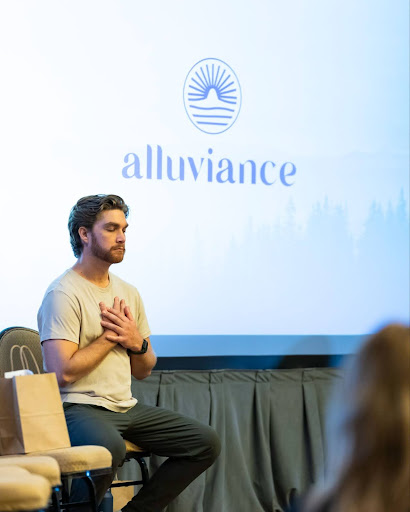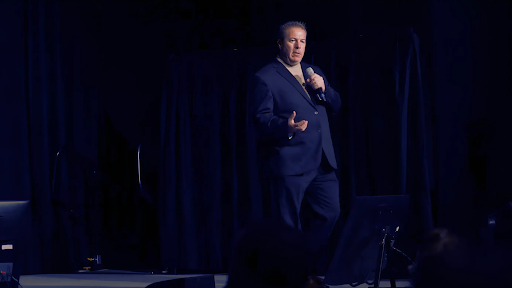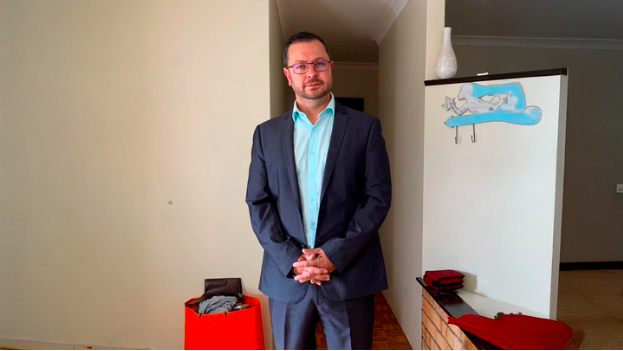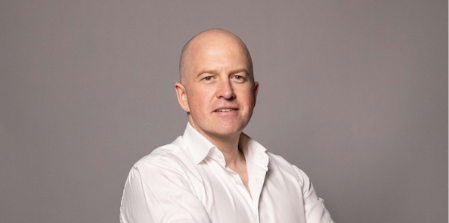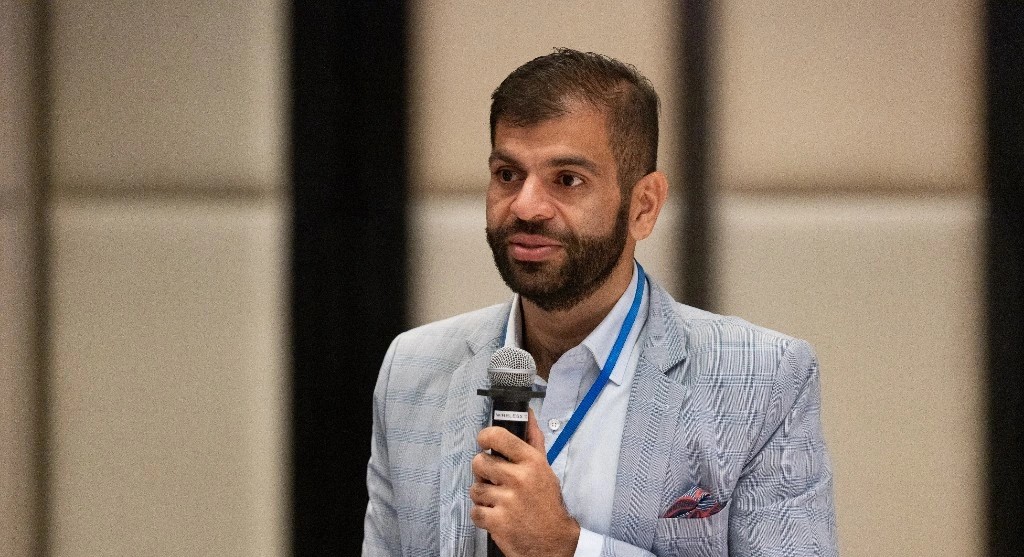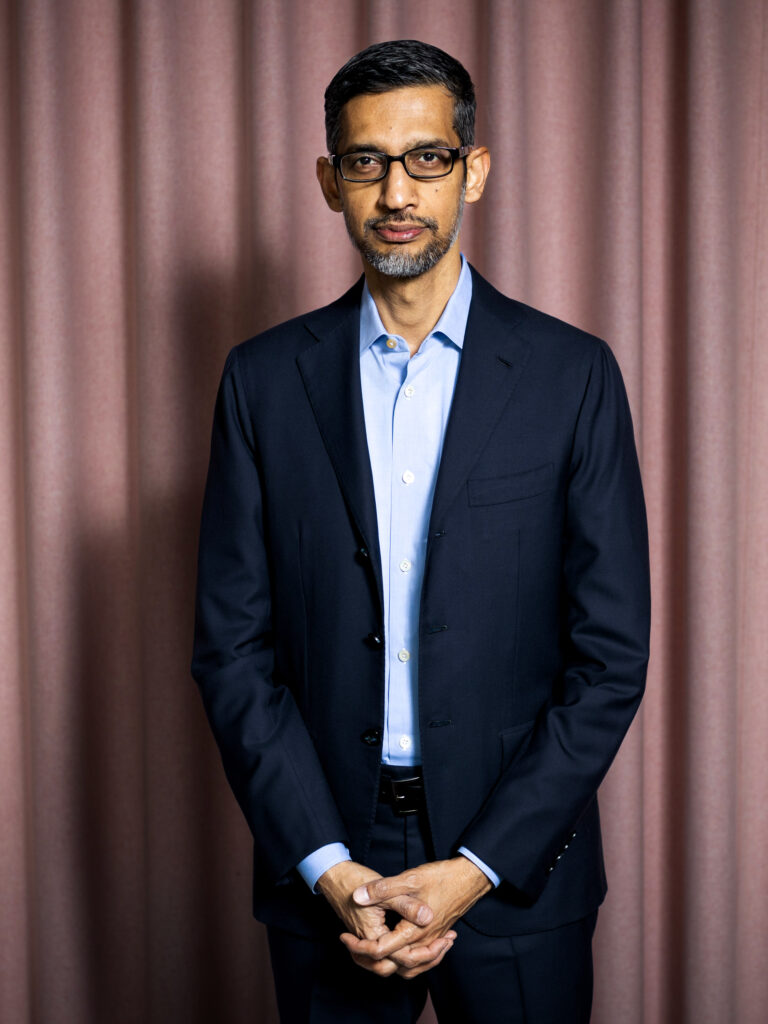In a groundbreaking move that marries advanced computational techniques with biotechnology, Xaira Therapeutics emerges from stealth with a whopping $1 billion investment. ARCH Venture Partners and Foresite Labs, along with a consortium of other leading venture firms, have thrown their weight behind this ambitious project, underscoring their belief that AI-driven methodologies will revolutionize drug discovery.
Founded six months ago, Xaira Therapeutics has been quietly incubated by notable investors including F-Prime, NEA, Sequoia Capital, Lux Capital, Lightspeed Venture Partners, Menlo Ventures, Two Sigma Ventures, and SV Angel. Their collective financial endorsement speaks volumes about the potential they see in AI to transform the pharmaceutical landscape.
At the helm of Xaira is Marc Tessier-Lavigne, a luminary in the scientific community, with past leadership roles as Stanford’s president and as the chief scientific officer at Genentech. Tessier-Lavigne’s appointment as CEO signals a strong strategic direction for the company. He confidently states that the substantial funding reflects a critical moment in AI technology, poised to significantly impact drug development. “We’ve done such a large capital raise because we believe the technology is at an inflection point where it can have a transformative effect on the field,” he explained.
The technological backbone of Xaira’s innovative approach comes from the foundational models developed at the University of Washington’s Institute of Protein Design, led by David Baker, co-founder of Xaira. These models are akin to the diffusion models used in AI-powered image generators like OpenAI’s DALL-E and Midjourney. However, Baker’s expertise is focused on designing molecular structures that can exist in the physical world, pioneering new frontiers in medicine rather than digital art.
Despite the promising horizon, Vik Bajaj, CEO of Foresite Labs and managing director of Foresite Capital, cautions that the field is still nascent. He highlights a significant challenge in biotech, where unlike the tech industry that thrives on consumer-generated data, biology and medicine are data scarce. “You have to create the datasets that drive model development,” Bajaj notes, indicating a long road ahead for AI in biotechnology.
The biotech sector is no stranger to generative AI, with companies like Recursion and Genesis Therapeutics also navigating the space. Recursion went public in 2021, and Genesis recently secured a $200 million Series B funding round co-led by Andreessen Horowitz.
While Xaira is ambitious about its future, it remains tight-lipped about the timeline for its first drug entering human trials. Bob Nelsen, managing director at ARCH Venture Partners, emphasizes the commitment to the long-term nature of drug development and AI, acknowledging the dual financial and intellectual investment required. “You need billions of dollars to be a real drug company and also think AI. Both of those are expensive disciplines,” he asserts.
Adding a layer of complexity to Xaira’s narrative is the recent controversy surrounding Tessier-Lavigne. His resignation from Stanford followed allegations of research data manipulation in his lab at Genentech. Although he was not accused personally and was later cleared by a Stanford review panel, the scandal had left its mark. However, investors remain unfazed and are confident in Tessier-Lavigne’s leadership and integrity. “I have known Marc for many years and know him to be a person of integrity and scientific vision who will be an exceptional CEO,” Nelsen expressed in an email.
As Xaira Therapeutics steps into the limelight the biotech community watches eagerly, hopeful for a new era of innovation that could one day turn the tide against some of the world’s most challenging diseases.



















































